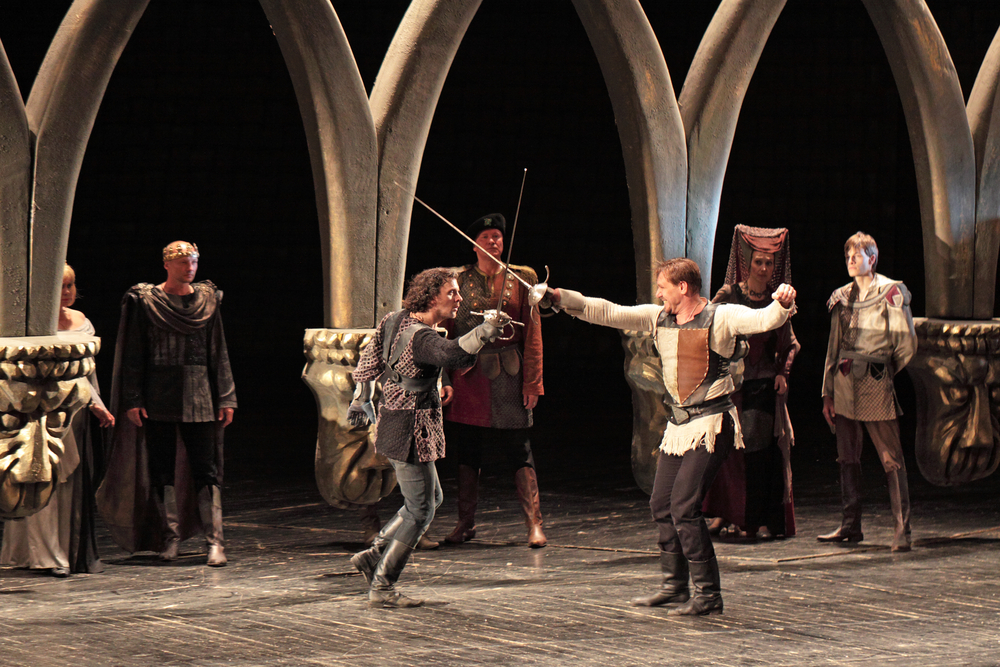Revenge sells. Any writer, from hoary veterans like Homer and Shakespeare to the more contemporary Ian McEwan and Donal Ryan, will vouch for the fact that a plot including revenge is worth its weight in gold. The reasons for this are not far to seek. Revenge literature allows a vicarious indulgence in one’s violent urges so as to prevent people from acting these out in reality — think of Hamlet. Still don’t see the merit of this cathartic genre? There is now research to prove that people prefer revenge over forgiveness in stories. The Ohio State University conducted a study that shows that most readers “like stories in which the wrongdoers are punished and when they get more punishment than they deserve, [readers] find it fun.”
But why is it that people baulk at forgiveness? One reason for this could be that seeking forgiveness puts us at the mercy of an unpredictable future. Offering mercy exposes us to the possibility of change, where life is no longer structured around the roles of avenger and wrongdoer. Forgiveness, in other words, breaks the hold of the past and allows a different future to emerge for both parties. The open-endedness of that future can be experienced as a terrifying loss of autonomy and control. Sometimes forgiveness is embraced in spite of this — Pericles, Cymbeline, The Winter’s Tale, and The Tempest, four late Shakespearian plays, are proof of this.
But there is more to the popularity of revenge literature than the apprehension evoked by the idea of forgiveness. Revenge literature is not always a fantastic escape from institutional justice by providing emotional release and preventing violence. It is also an exploration of the limits of institutional justice itself. Take, for instance, Cockroach by Rawi Hage. The Lebanese-Canadian writer invites the reader to consider the plight of refugees. Overlooked by the justice system and all other institutional agencies in both his countries of origin and arrival, revenge becomes the only tool in the hands of the refugee to assert his personhood. The act of vengeance then becomes a means not just of communicating to the offender that the avenger thinks he has been wronged, but also of the latter being seen and recognized by the justice system.
Arguably, forgiveness too can be a means of communicating that injustices have taken place. Does not forgiveness inherently acknowledge that a wrong was committed? In fact, being forgiven actually puts the wrongdoer in a morally subordinate position. Although forgiveness can assert moral personhood, it can neither provide the refugee with visibility in the eyes of the State and its judicial system nor with justice. Wrongdoers who are powerful or protected by the State care little for the non-coercive moral accountability called for by forgiveness. As such, revenge becomes the only recompense available to political non-persons. To forgive, then, is to forget — or, in this case, erase — both the wrong and the wronged.










